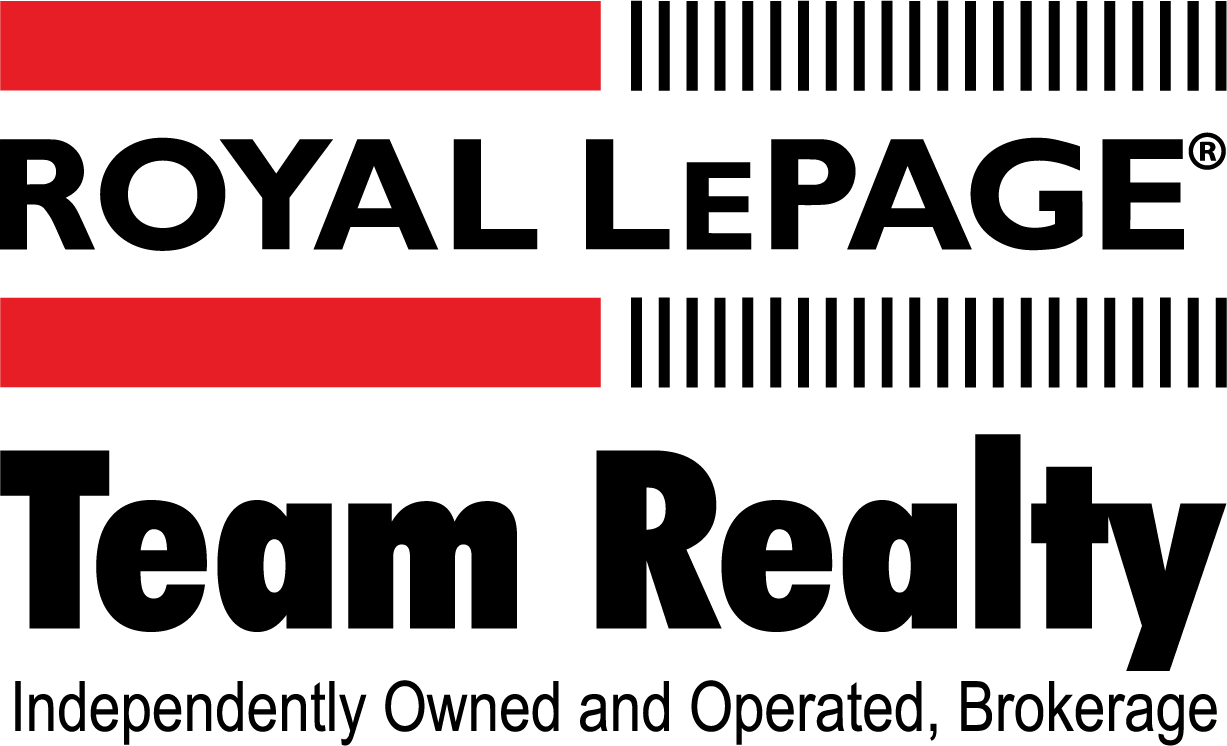

Real Estate 101: Focus less on splits and more on net
As members of our brokerage leadership team, we have all been involved in conversations with agents who are searching for companies that will give them a “better split”, however, we know that they should really be examining “What is my net?”. Real estate veterans and the most successful team leaders understand that the net is so much more important than the basic split.
However, net can be complicated to calculate, and while split is surely a factor in the calculation, net is the bottom line. There’s so much more to our brokerage’s value proposition than splits, so the agents we attract and retain tend to be high producers who understand how to utilize our culture, market penetration and systems, along with our support and supplier alliances to maximize their time and efficiency.
Time and time again, we see agents make the decision to leave a successful company or team to “do their own thing” and what we have observed is that, in a very high percentage of those cases, the agent actually ends up netting less money, or even worse, spending less time with their family and netting less money. Higher splits do not always mean higher net income!
Unfortunately, ego is a major player in the decision-making process for many agents. We see agents considering a move, not because it makes business sense, but rather they are wooed by having their egos stroked during the recruiting process. Are they wooed by an incentive package and promises that will disappear soon after they move, much like today’s telecommunications companies?
In a recent article it was stated, “You can feed your ego, or you can feed your family – pick one.”
Five reasons net is more important than split:
#1
Your taxable income at year’s end
Not what your T4A says, but your income minus your expenses. This is an important one because many agents who chase a higher split are often single-minded in their attempt to find it and they forget to calculate what everything else will cost them.
If you are paying a split to a company or a team leader, you are generally getting something in return, either in terms of marketing, office space, leads, training, coaching, mentoring, an accessible team of managers or some mix of perks. If a company offers a higher split to the agent, as a general rule the company has little or no money to offer the agent anything in return, thus increasing the agent’s actual business expenses.
Consider an agent who is thinking about switching brokerages who is currently on an arrangement where he pays his broker $15,000 and after that, receives 100 percent. Sounds good, right? Even better, his gross commission in the previous year was $240,000.
However, after a full discussion of his situation, he admitted that his taxable income after paying all of his expenses is about $120,000 – so he is essentially on a 50/50 split.
#2
Your ability to learn and grow
It would be rare to find a high-split, low-cap commission model that also offers a training, coaching and mentoring program designed to increase your net. Why? Because it doesn’t matter how much you sell, the brokerage share will never increase, so what’s the incentive for them to make sure you succeed? There isn’t one.
You want to be with a company that has a vested interest in every transaction you do — it’s called the lattice effect. The lattice effect in the real estate industry means that you will go further, faster when you have something to wrap your “stems” around.
In this case, the fencing is the brokerage or team that is continually offering training, coaching and mentoring (because they have a constant vested interest), and the plant is the agent. The more training and coaching, the higher the fence, which means the taller the plant. The taller the plant, the more net for the agent.
#3

Your support and resources
Whether you’ve completed 5 or 500 transactions, there will always be a situation where you need help with a transaction, answers to a question or maybe just a second opinion on something. Generally speaking, companies that offer a higher split have a very lean budget, and therefore, one of the first positions to go, or to not get filled at all, is in the agent support department. Team Realty believes in the opposite.
Salaries are the largest cost of a successful real estate company, and if there’s no money to pay experienced managers and talented staff, unfortunately, you are on your own. We have the highest manager to agent ratio in our local market, along with strong admin support – all designed to build our agents’ net.
#4
Your conversion rates
Everything we do in this business, including the company we affiliate with, impacts our conversion. From first contact to appointments set, appointments set to appointments attended, appointments attended to contracts signed, and closings to future referrals earned.
Of course, some experienced producers will look at this one and say no way, it makes no difference, while the greats all know that it does make a difference today more than ever.
Why now more than ever? Because today social media is the new pre-listing package and consumers aren’t just checking you out before agreeing to meet with you, they are also stalking your company and digging deep to explore your company or team reputation.
So what does any of this have to do with split versus net? Generally speaking, the companies that generate more revenue from agent commissions (or franchise fees) take a large portion of that income, and they put it right back into advertising, branding, community events or things that lead to positive PR, thus putting more net money into their agents’ pockets from their higher conversion rates.
Every study under the sun tells us that consumers prefer to do business with local or national brand names they know or have heard positive things about in the past, and companies or teams with larger advertising budgets use this to their and their agents’ advantage.
#5

Your time
Companies that promote the high-split, low-cap model just simply do not have the resources to provide world-class systems, technology, marketing and people to help you be more efficient and successful.
Many teams or companies that use the high-net model put you in a position to actually work smarter and not harder because everything has been put into place to make your life easier and ultimately give you back more time.
In the high-split model, you will spend anywhere from 20 percent to 50 percent of your time each day completing low dollar-per-hour tasks, taking more money out of your pocket, not to mention missing out on volume discount pricing for many of today’s must-have technology products.
Sure, you can hire an assistant, but who’s going to train them? Who’s going to manage their employment? Who’s going to spend time retaining them in today’s job market? All of these take precious time, and while the idea of building a team is meant for some, it’s not meant for most. Leave that for those who actually enjoy hiring, coaching, mentoring, training, developing and managing others in the industry.
When you do the math and look at what you’re worth per hour (for most of you reading this probably somewhere between $75-$200), you’ll discover that taking on all of the above is not worth the extra 10, 20 or even 30 percent in your split.
Hopefully, now, you’ll have an easier time understanding the reasons for the splits offered by teams and brokerages, and that the true value is in an agents’ net.
Even after considering all five points above, sometimes a higher split does lead to netting more money, and in the end, it might make the sense to move on, but you’d be doing yourself a great disservice by not opening your eyes to all the factors at play as it relates to your real estate career.
